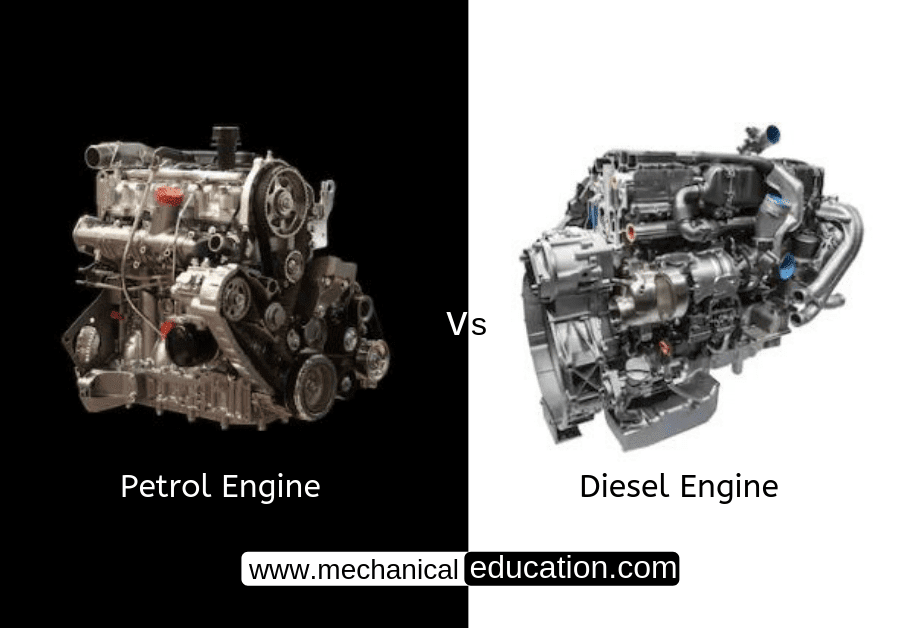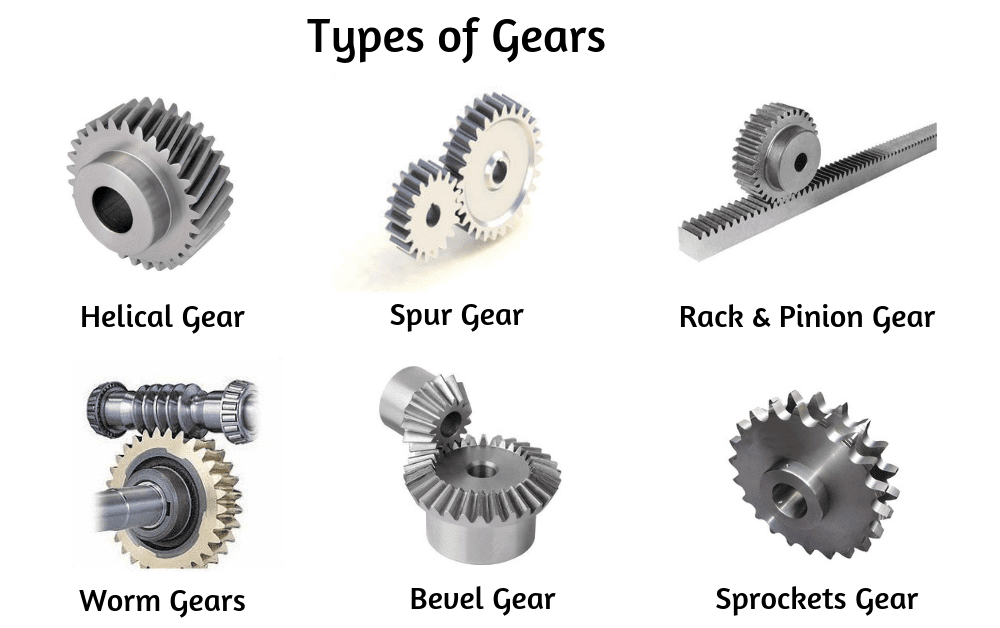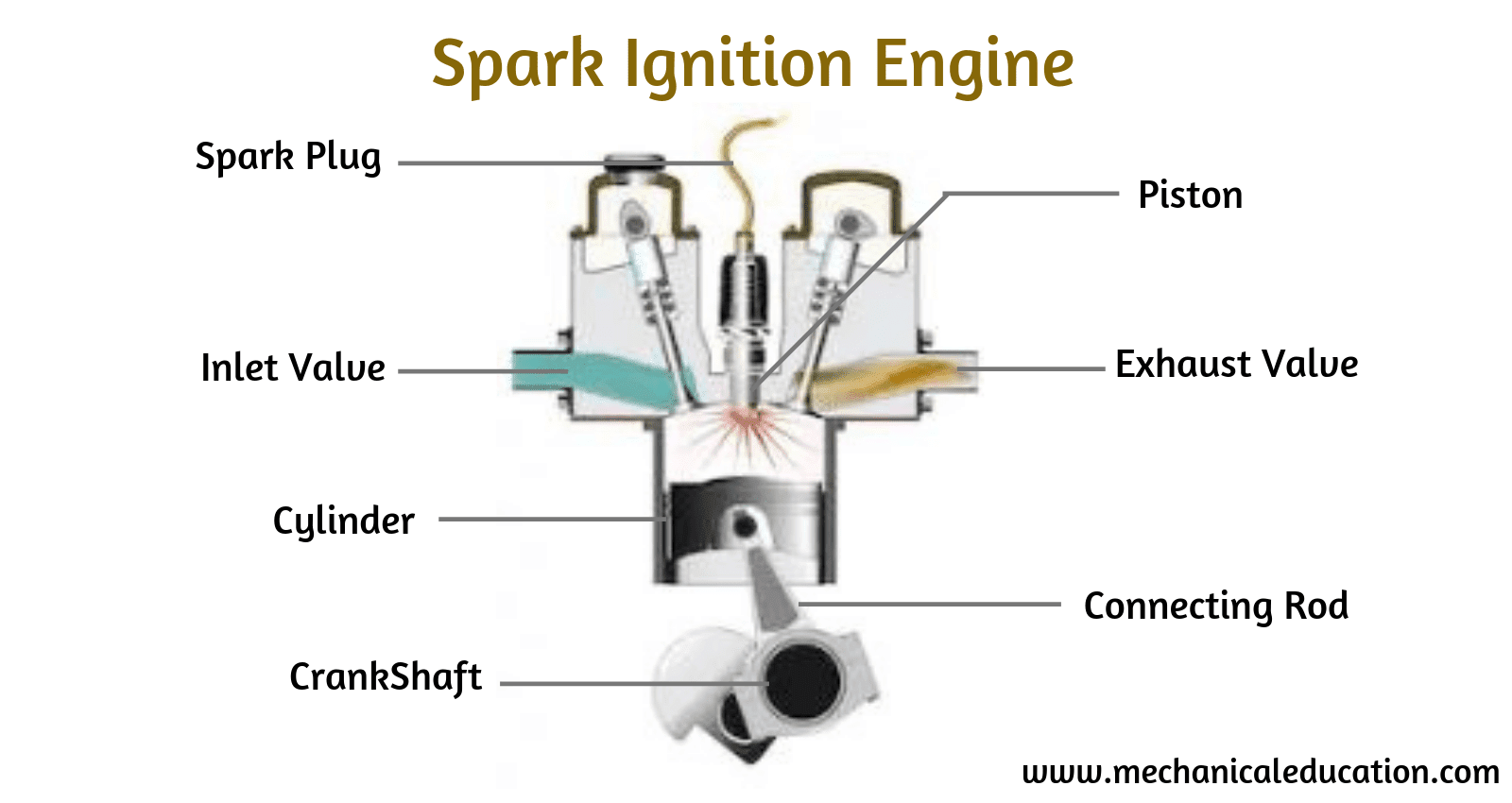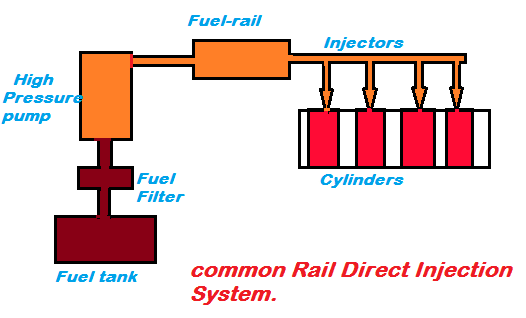Introduction: Have you ever heard of an oil gasket? Chances are, unless you are a car enthusiast or mechanic, you may not be familiar with its purpose. An oil gasket is a critical component of any engine and its purpose is twofold: it helps keep the proper amount of pressure within the engine block and it also prevents oil from leaking out. Let’s look at what an oil gasket does, how it works, and why it is important for your car to have one.
What Does An Oil Gasket Do?
The oil gasket serves as a seal between the engine block and the cylinder head. This seal prevents oil from leaking out of the block or head, ensuring it stays in place so that it can do its job properly. The gasket also helps to maintain pressure within the engine block so that all components are operating efficiently. Because this is such an important part of any internal combustion engine, it is essential to make sure that your car’s oil gasket is in good working order at all times.
How Does An Oil Gasket Work?
An oil gasket consists of two parts: a metal core and a rubber coating. The metal core provides stability and ensures that the seal remains intact over time, while the rubber coating provides flexibility so that when temperature or pressure changes occur, the seal remains tight. As long as the rubber coating remains flexible, then the seal will remain intact and keep your engine running smoothly without any issues related to leakage or inadequate pressure levels.
Why Is An Oil Gasket Important?
Without an effective oil gasket in place, your vehicle would experience a number of problems related to inadequate pressure levels in the engine block due to leakage or excessive heat buildup. This could lead to decreased performance as well as increased wear on other components due to lack of lubrication caused by lack of proper pressure levels within the block. Additionally, if there were no effective barrier between cylinder heads and blocks, then there would be excessive heat buildup which could cause damage to both parts due to thermal expansion and contraction cycles which occur during normal operation. For these reasons, having an effective oil gasket in place is essential for maintaining optimal performance from your vehicle’s internal combustion engine.
Conclusion:
In conclusion, having an effective oil gasket in place is essential for ensuring optimal performance from your vehicle’s internal combustion engine as well as preventing potential damage from excessive heat buildup or leakage due to inadequate pressure levels within the engine block. It is important for car owners to understand what an oil gasket does and why it is necessary for their vehicles so they can take steps towards making sure their engines stay healthy for years to come! With regular maintenance checks on your car’s oil gaskets—as well as careful attention paid to any signs that something may be amiss—you can ensure that your vehicle continues running smoothly without any negative consequences due to ineffective sealing provided by worn-out or faulty seals!




